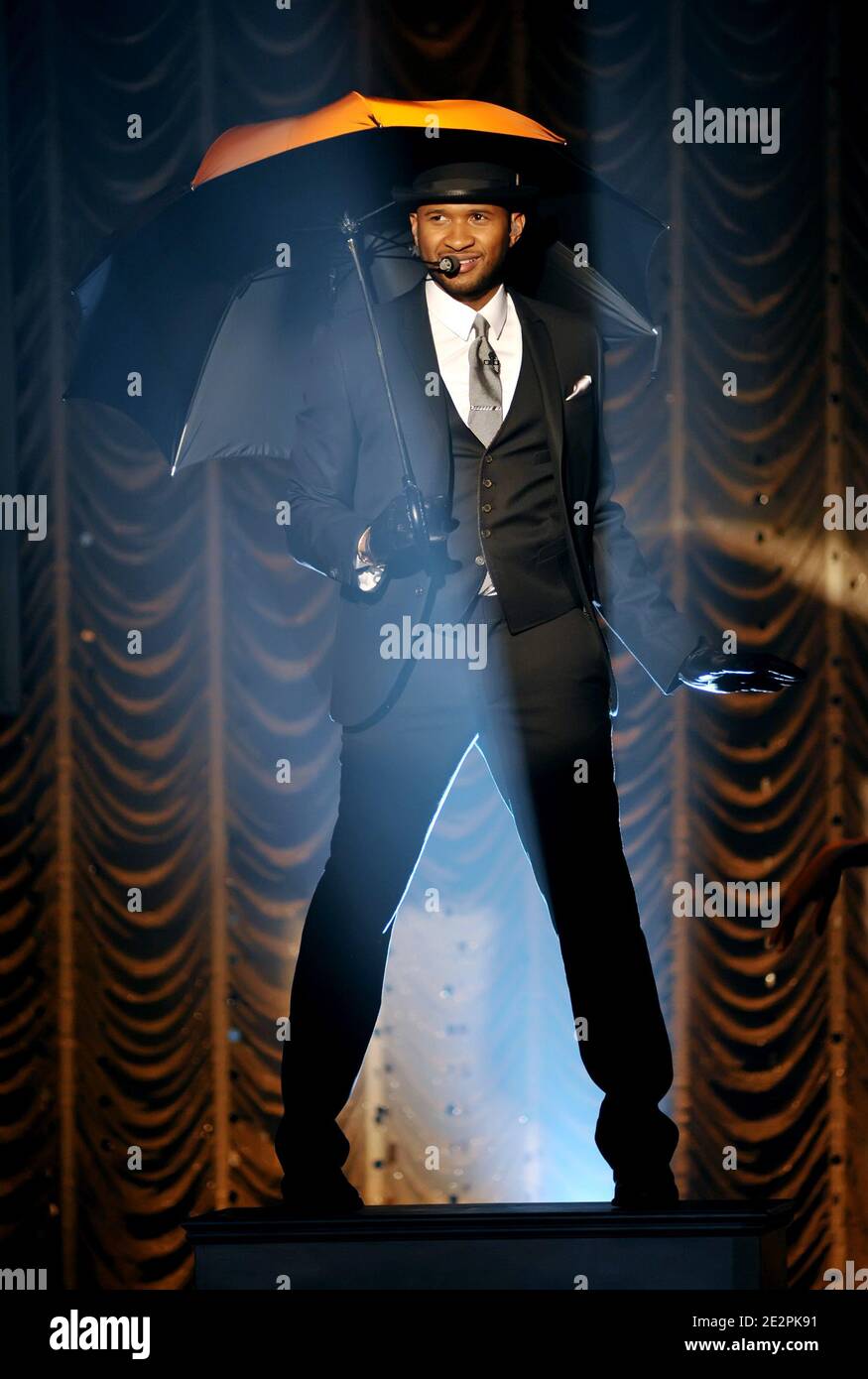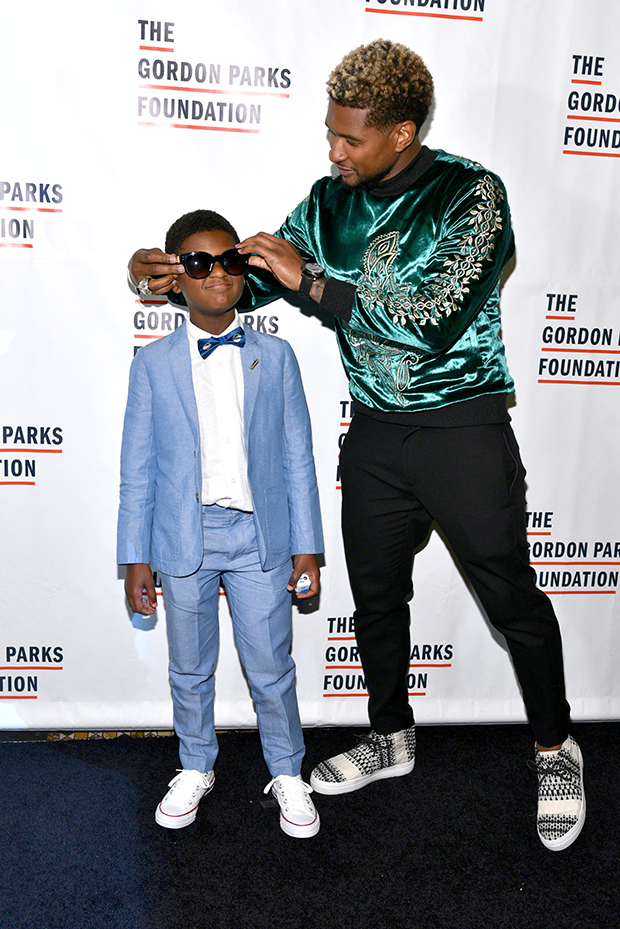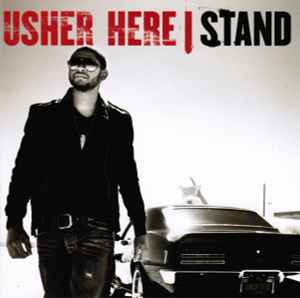

Usher Raymond IV, Nathaniel Hill, Richard Butler, Jr., Marcella AraicaĮsther Dean, Usher Raymond IV, Clifford Harris, Keith Thomas, Alexander "Prettyboifresh" Parhm, Jr.

"So Many Girls" (additional vocals by Diddy) Usher Raymond IV, Sean Garrett, Xavier Dotson, Alonzo Mathis Usher Raymond IV, Bryan-Michael Cox, Jermaine Dupri, Johntá Austin Usher Raymond IV, James Harris III, Terry Lewis, Bobby Ross Avila, Issiah J. Sean Garrett, Shondrae Crawford, Usher Raymond IV, Christopher Bridges, Ebo Taylor Usher Raymond IV, Elvis Williams, Jamal Jones, Esther Dean, Onika Maraj Richard Butler, Jr., James Scheffer, Frank Romano, Danny Morris Usher Raymond IV, Andrew Harr, Jermaine Jackson, Richard Butler, Jr. Usher went on his OMG Tour in 2011 to promote the album worldwide. It won a Grammy Award for Best Contemporary R&B Album and Best Male R&B Vocal Performance. Many music critics did not like the lyrics and the themes of the songs. These include the hit single " Hey Daddy (Daddy's Home)", " Lil Freak", " There Goes My Baby", " OMG", and " More".Īfter the album was released, it was given mixed reviews from music critics.

This means that the album shipped 1,000,000 copies in the United States. It was then certified platinum by the RIAA. It sold over 1,000,000 copies in the United States. The album debuted at number one on the Billboard 200 chart. It was produced by Jermaine Dupri, The Runners, Ester Dean, Polow da Don, RedOne, Jim Jonsin, Danja, Jimmy Jam & Terry Lewis, Bangladesh, and Tricky Stewart. Raymond is the sixth studio album by American singer Usher. “Mars vs Venus,” a very slow jam, soars, while “Pro Lover” is a breezy, casual number filled with sweet dub accents.Raymond v. Two of the best happen to be collaborations with Jam and Lewis and the Avila Brothers.

(The combination is as wrong as Eugene McDaniels' “Compared to What” and a soft drink commercial.) Otherwise, the slow jams and the few moments when Usher sounds as if he's having actual fun win out. (Either way, it’s evident that long-term relationships might not be for him.) The sleek dancefloor track “So Many Girls,” one of a few songs in which Usher sounds dead in the eyes, going through the motions, desensitized by the bounty of women at his feet, is followed by the sarcastically titled “Guilty,” where he whines “I guess I’m guilty for wanting to be up in the club” - which warrants a response like “Yes, attached 31-year-old man, that’s correct.” A few songs before that is a quasi-redemptive ballad “Foolin’ Around” he humbles himself, seems to take responsibility for his actions, then casually drops “Guess that’s just the man in me, blame it on celebrity.” The album’s catchiest uptempo song, “Lil Freak,” featuring Nicki Minaj, is effective despite itself, swiping the synthesizer line from “Living for the City” - a classic containing Stevie Wonder's most angered social commentary - for the sake of Usher’s lesbian tryst. Many of the songs on the album have to be taken on their own, stripped of context otherwise, determining what applies to Usher’s real and fantasy lives can be problematic. He pours himself into that song more than any other on the set, and breakup lyrics don’t get much more specific than “You don’t think I know what’s up, but sweetheart that’s what ruined us” or “I done damn near lost my mama.” The song was awarded the top spot on the R&B/Hip-Hop chart, most likely for its lyrical uniqueness since the song does not break out of an exceptionally repetitive twiddle. “Papers,” the early buzz single for Raymond, Raymond, bears the closest relation to the turbulence he experienced. The making of Usher’s sixth studio album was inevitably affected by the end of his marriage and its aftershocks.


 0 kommentar(er)
0 kommentar(er)
